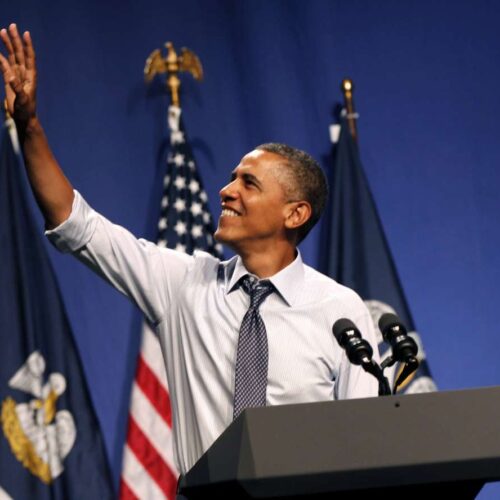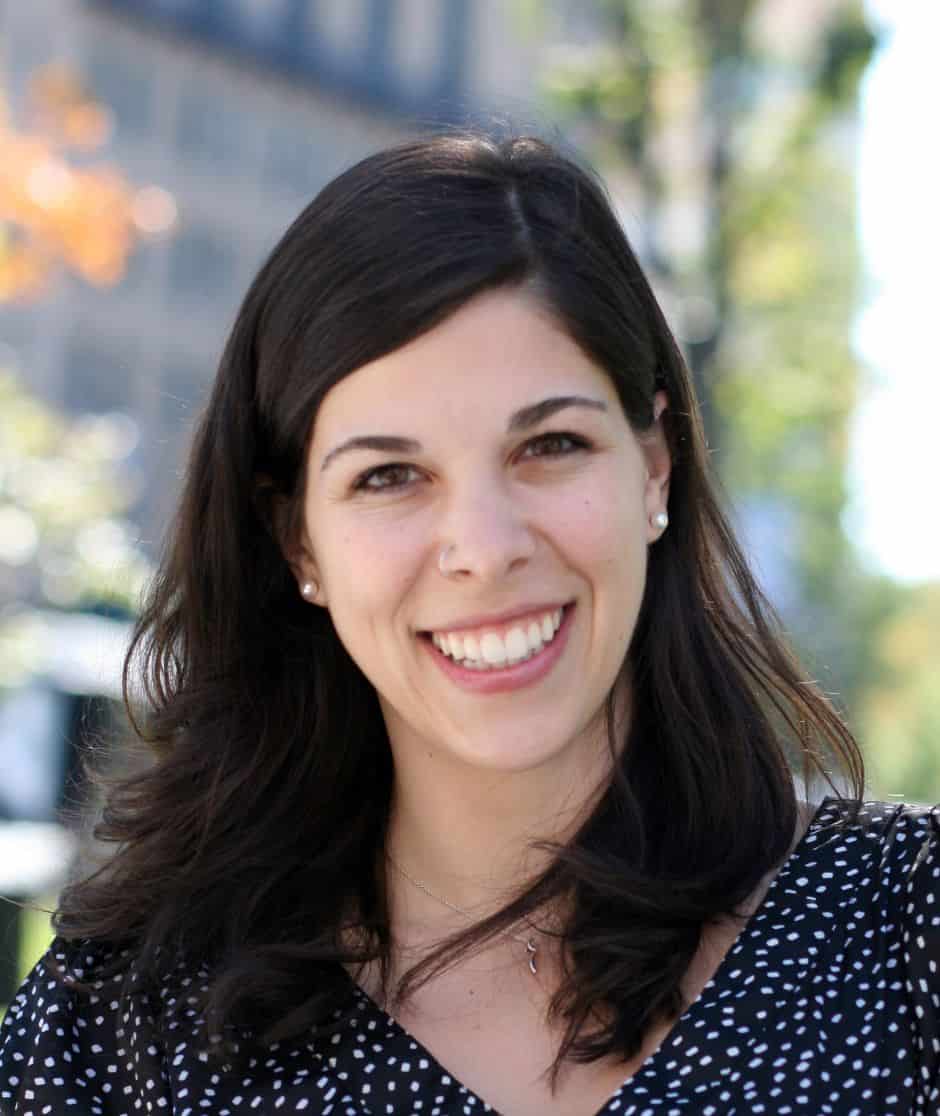Introduction
Democratic super PACs have begun to make up ground in the political arms race, raising substantially more in August than they did during the previous month, new filings with the Federal Election Commission show.
For much of the 2012 election cycle, Democratic super PACs have been outraised their GOP rivals. The groups, made possible in the aftermath of the U.S. Supreme Court’s 2010 Citizens United ruling, are allowed to collect contributions of unlimited size from individuals, unions and companies — so long as the funds are spent on advertisements that are not coordinated with any candidate.
Priorities USA Action, the primary super PAC supporting the re-election of President Barack Obama, took in $10.1 million through the end of August. That’s up from just $4.8 million in July. While the group finished August with $4.8 million cash on hand, during the first three weeks of September, it reported spending more than $7.8 million — suggesting that the cash has continued to come in.
Top donors to Priorities USA Action in August included James Simons, founder of the hedge fund giant Renaissance Technologies, who gave $2 million; Anne Cox Chambers, the owner of Cox Enterprises, who gave $1 million; and attorney Steve Mostyn, who also gave $1 million. The majority owner of the Baltimore Orioles, Peter Angelos, also gave big, contributing $500,000 in his first ever donation to the pro-Obama group.
The pro-Mitt Romney super PAC, Restore Our Future, kept pace with its July contributions, but it did not fare as well in August as rival Priorities USA Action. The GOP super PAC received $7 million in contributions during August, down slightly from its July take of $7.5 million. It finished the month with $6.3 million cash on hand. So far during September, it has been keeping its powder dry.
Robert Parsons, the founder of web hosting service Go Daddy, gave $1 million to Restore Our Future in August, as did Odyssey Re, a leading underwriter of reinsurance and specialty insurance that is a subsidiary of the Canadian firm Fairfax Financial.
Other Democratic super PACs followed Priorities USA with big takes in August.
Thanks to a half-million-dollar contribution from Orioles’ owner Angelos, the Senate-focused Majority PAC raised about $2.6 million through the end of August. The PACs of the Laborers International Union and the Operating Engineers also ranked among the top contributors to the super PAC in August, with each group giving $250,000. Notably, Sen. Jay Rockefeller, D-W.Va., also gave the super PAC $200,000.
The Democratic super PAC finished the month with $1.3 million cash on hand, but since then, the group appears to have continued to see money flow into its coffers. During the first three weeks of September, it has reported spending more than $1.5 million on independent expenditures.
House Majority PAC, the super PAC backing Democrats for U.S. House, raised nearly $5.6 million in August, including $1 million from Working for Working Americans, the super PAC of the United Brotherhood of Carpenters. Notably, an additional $700,000 came from the Blue Dog PAC, which supports moderate Democrats. House Majority PAC finished August with $8.3 million in the bank, up from July’s balance of $4.6 million.
Contributions to conservative super PACs dipped during August, with the exception of American Crossroads, the super PAC co-founded by Republican strategists Karl Rove and Ed Gillespie. The GOP juggernaut collected $9.5 million in August — up from $7.1 million in July.
American Crossroads finished August with a whopping $32 million cash on hand — nearly as much as Priorities USA Action has raised since it was launched last year.
The group’s top contributors in August include some familiar names, and some new ones. Super donor Bob Perry contributed $2 million. B. Wayne Hughes Sr., the founder of Public Storage, gave $1 million. So did Clayton Williams Energy Inc., a Texas oil and gas drilling company run by Clayton Williams.
And three donors gave American Crossroads half-a-million dollars in August: super donor John W. Childs; Weaver Holdings, the Indiana company behind the popcorn brands Pop Weaver and Trail’s End that is sold by Boy Scouts across the country; and Richard Gaby, whose wife sits on the board of the conservative Heritage Foundation.
Meanwhile, the conservative super PAC Club for Growth Action brought in $589,000 in August, down significantly from the $2.9 million it raised in July. It finished the month with $1.5 million cash on hand. The Club’s top donor in August was Marilyn Hayden, the wife of Club for Growth board member Jerry Hayden.
And conservative super PAC FreedomWorks for America took in just over $1 million in contributions in August, finishing the month with $1.6 million in the bank. Conway Ivy, the owner of minerals and mining company Ivy Minerals Inc., was the group’s top donor last month at $100,000.
TD Ameritrade founder Joe Ricketts’ right-leaning Ending Spending Action Fund received no direct contributions in August. Of the $27,500 it reported in receipts, most came in the form of in-kind contributions from its sister nonprofit, Ending Spending Inc.
While the super PAC finished August with only $11,000 in the bank, Ricketts is expected to fill its coffers this fall as he uses the group to fund more than $12 million in ads against Obama and congressional Democrats.
In other outside spending news:
- Pro-Obama super PAC Priorities USA Action reported spending nearly $2.9 million on ads opposing Romney.
- House Majority PAC released “What’s Worse,” attacking Florida Republican Rep. Allen West’s record on women’s health. The ad is part of a $1 million ad buy in the district, according to a press release. The super PAC also reported an additional $1.4 million in anti-Republican ads in a handful of other House races.
- Majority PAC reported spending $1 million on ads opposing former Sen. George Allen in his quest to regain a U.S. Senate seat in Virginia. Allen, a Republican, faces former Democratic Gov. Tim Kaine.
- Patriot Majority USA, a liberal nonprofit, released “Minimum Wage” opposing Rep. Rick Berg, R-N.D. Berg faces former Democratic Attorney General Heidi Heitkamp in the state’s U.S. Senate race. Records show the ad is backed by a buy of at least $462,000. The group also released “Fair Share,” which opposes tax cuts for millionaires.
- The Democratic Congressional Campaign Committee launched “Time to Cut Our Losses,” an ad opposing Rep. Mary Bono Mack, the Republican candidate for U.S. House in California’s 36th District. The DCCC also released “Some Things,” which opposes Rep. Brian Bilbray, R-Calif., in the 52nd District. It further reported spending about $295,000 on ads against Rep. Allen West, R-Fla., and Rodney Davis, the Republican candidate for U.S. House in Illinois’ 13th District.
- The Democratic Senatorial Campaign Committee reported spending more than $2 million opposing four Republican Senate candidates: Indiana State Treasurer Richard Mourdock, Sen. Dean Heller in Nevada, Rep. Denny Rehberg in Montana and Rep. Rick Berg in North Dakota.
- The U.S. Chamber of Commerce reported spending $2.9 million on ads in U.S. Senate races: $1.4 million opposing former Democratic Gov. Tim Kaine of Virginia; $750,000 opposing Rep. Tammy Baldwin, D-Wis.; $455,000 opposing Rep. Martin Heinrich, D-N.M.; and $311,000 in support of former Hawaii Gov. Linda Lingle, a Republican.
- The Center for Individual Freedom, a conservative nonprofit that has received at least $2.75 million from Crossroads GPS, reported spending nearly $1.9 million opposing Democratic candidates for U.S. House in six districts. This is the group’s first reported independent expenditure of the 2012 election cycle.
- American Action Network, a conservative nonprofit, reported spending about $333,000 on TV ads and mailers in support of Richard Mourdock, the Republican candidate for U.S. Senate in Indiana. Mourdock, who defeated incumbent Sen. Dick Lugar in the GOP primary, now faces Democratic Rep. Joe Donnelly in a hotly contested race.
- Another conservative nonprofit, American Future Fund, reported spending $486,000 against Obama and former Arizona legislator Kyrsten Sinema, the Democratic candidate for U.S. House in Arizona’s 9th District.
- The liberal super PAC End the Gridlock spent $241,000 on ads opposing Nebraska state Sen. Deb Fischer, a GOP candidate for U.S. Senate. Fischer is running against former Nebraska Gov. Bob Kerrey in an open seat race. End the Gridlock has received a large percentage of its own receipts from Democratic super PAC Majority PAC, which has given the group more than $267,000.


Join the conversation
Show Comments